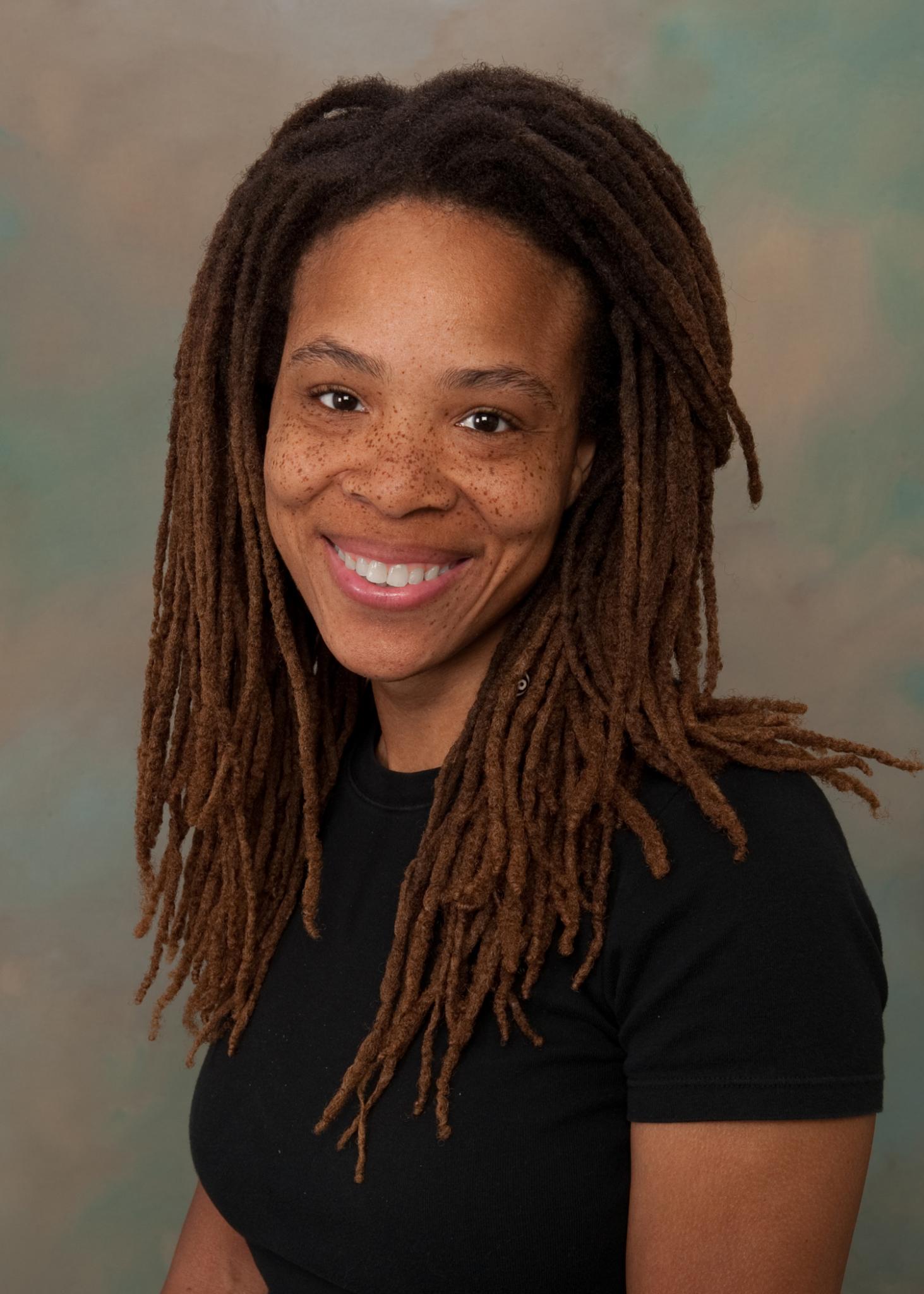
As a child, Ronke Mojoyinola Olabisi planned to visit space as an astronaut. While earning her degree in aeronautical engineering, she discovered that one of the most magical creations was the human body. Now as a professor, she explores how our tissues and organs will one day grow on their own and eliminate the need for transplants. Olabisi also still has her eyes on space, as a member of the 100 Year Starship team, which hosts an annual symposium on expanding space travel. See how she has blazed a career in science and academia.
Name: Ronke Mojoyinola Olabisi
Age: 30s
Title: Assistant Professor, Rutgers University
Location: New Brunswick, NJ
Hometown: Plainfield, NJ
LinkedIn: http://www.linkedin.com/in/ronke
The gig: I do tissue engineering research, specifically on bone and skin. The ultimate goal of tissue engineering is to grow tissues and organs so that people do not have to rely on organ transplants for replacements.
The journey: I have always wanted to be an astronaut and I have always loved science fiction. Both fueled a love of science and engineering. While pursuing an aeronautical engineering degree, I discovered the perfection that is bone tissue engineering and biomechanics, and have never looked back. Bone heals without scar, optimizes its shape depending on how a person uses it, and is just all around awesome. I also worked as a student engineer for GE Astrospace, where we sent up satellites.
The hustle: After completing a Ph.D., you usually do one to three years of postdocs, which is similar to a medical student’s residency. Because of the economy, after completing my Ph.D there were few faculty positions available. I ended up doing seven years of post-doctorate work and fellowships. Ultimately, I took a position at Rutgers in 2012 that moved me across the country from my husband. I fly back on weekends.
Confessions of a Black scientist: In order to support a student obtaining a Ph.D. or becoming staff, other faculty must see that student as a colleague. Many engineering fields are dominated by white men. Sometimes when everyone is similar, it becomes difficult to see students who don’t fit into that group as colleagues. I was once told that I was titanium and they wanted aluminum. I replied that titanium was better than aluminum. It was hard to know if the reason I didn’t fit was because I wasn’t a white male, and did not relate in the same manner as they did. I learned it is much better to find a place where I did fit than to try to succeed as titanium in an aluminum factory.
Her biggest lesson learned: I never used to negotiate. Women typically don’t negotiate at work the same way men do. They feel it makes them seem ungrateful. I bought this really great book, “Women Don’t Ask” by Linda Babcock. The book describes how not negotiating can cost both financially and in how highly your colleagues will think of you—when women don’t ask managers often assume you must not be worth it.
Her network tip: Find as many mentors as you can and cultivate your relationship with them.
Her career highlight: I was invited to speak at the European Union Parliament and the US Department of State to present my research. I also wrote an 80-page, fully illustrated book when I was 9. It was to be the next great American novel.
Her stress relievers: I fence saber or dance lindy hop. My husband and I relax together with a jog or massages.
Her secret superpower: I have incredibly fast reflexes. Once in a physiology lab we measured the conductivity of my nerves. They were the fastest the professor had seen.
Her tech fix: I love Sky Guide, which helps me find identify stars and planets when I’m stargazing.
Her power style accessory: A green laser pointer.
Her theme song: “Every Little Thing She Does is Magic” by The Police.






